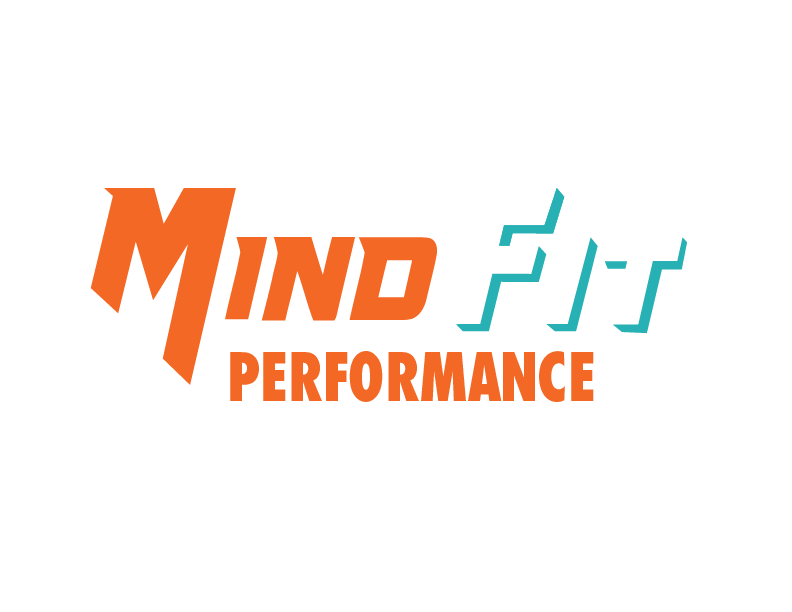PROUD
I’ve been blessed to work with youth of all ages as a consultant and a coach. I feel I can really relate with youth and provide for them an outlet where they feel heard and understood. I’ve learned as much from them as I hope they’ve learned from me. As I reflect on my career thus far, one thing that stands out is how important validation is; to feel valued. This is true for all ages, but especially prevalent in our youth who are learning about self-esteem and confidence on a daily basis. A large part of their confidence and self-worth stems from the feedback they do or don’t get.
One phrase I hear all the time from parents and coaches is:
I’m so proud of you.
For a while, I never thought much of this, as I too can recall several times I’ve said that same phrase to kids. What I’ve noticed about the impact of this phrase is that it appears to be a precursor for what many of my clients struggle with in their older years. Let me explain.
When we tell kids that we’re proud of them, it no doubt makes them feel good. The more they do, the more we say it, the higher the possibility that they associate pride coming from someone else, instead of coming from within. Associating this statement with the positive feelings it brings can influence a youngster to behave and perform in ways that contribute to validation from those outside sources. Long term, when they get into middle school, high school, and college, they still seek validation from external places. This can cause struggles with confidence and anxiety, lower self-esteem, and potentially even contribute to a fixed mindset.
The good news is that there is something we can do to help. Don’t get me wrong, we are certainly allowed to feel proud of our kids and players, and we should certainly express that to them! But if they don’t ever learn how to feel proud of themselves, we are doing them a disservice, and it often manifests into long term repercussions. We owe it to them to at least give them space to feel proud of themselves just as much, if not more, than we feel proud of them. I like to use a seesaw analogy with kids; can we find a balance between internal and external praise.
So, try this:
Before you tell your youngster that you are proud of them,
first ask them if they are proud of themselves and if so, why.
Helping them learn this skill when they are young connects them emotionally to what they're doing, to the progress they're making, and helps to develop their self-worth. The purpose is to help them build foundational self-esteem, both emotionally and psychologically, that they can carry with them throughout their lives. When someone tells them they’re proud of them, they can soak up how good it makes them feel, but not need to hear that to feel good about themselves. After we’ve given them space to feel proud, we can certainly express how we feel to them as well. By giving them the space first, we are helping them develop and strengthen their self-worth, which goes a long way as they develop emotionally and psychologically.
I hope you do find lots of moments to share with your kids/players that you are proud of them! It’s one of life’s greatest joys. But I also hope you help them develop the skill to feel proud of their own performance and efforts first.
If you’re not sure how, or notice your youngster could use some help with their self-esteem and self-confidence, I’m here to help!
